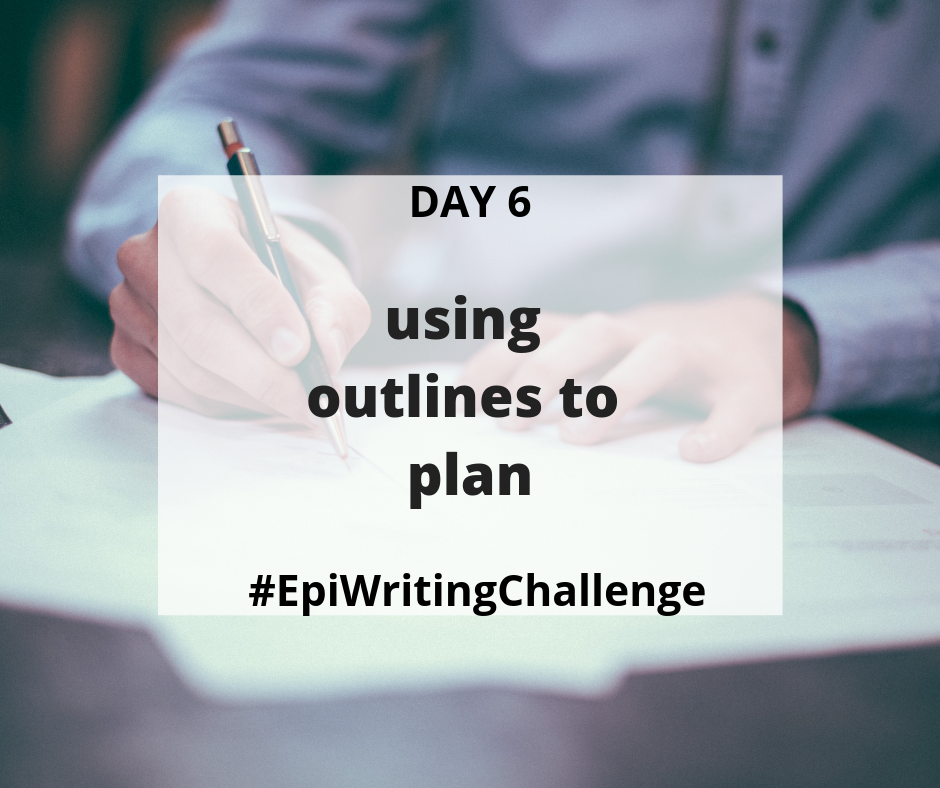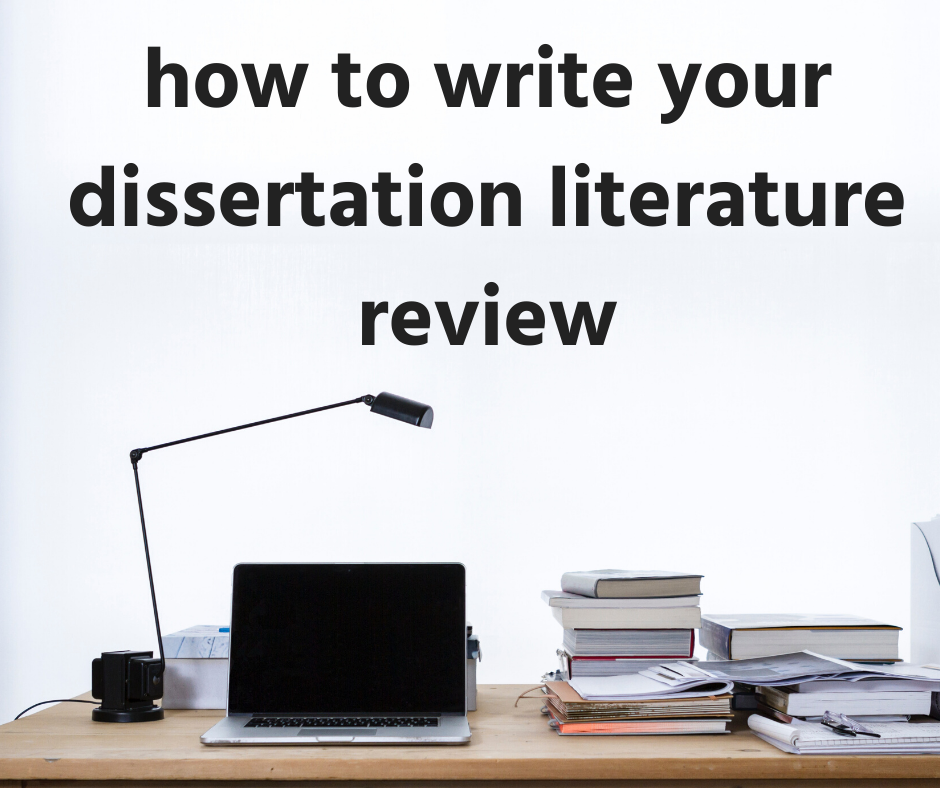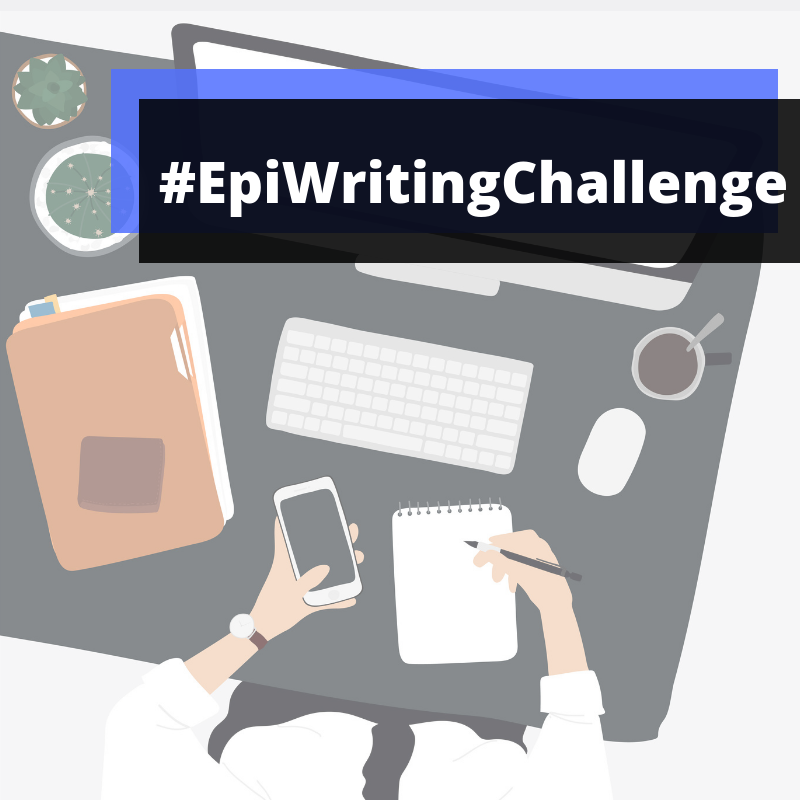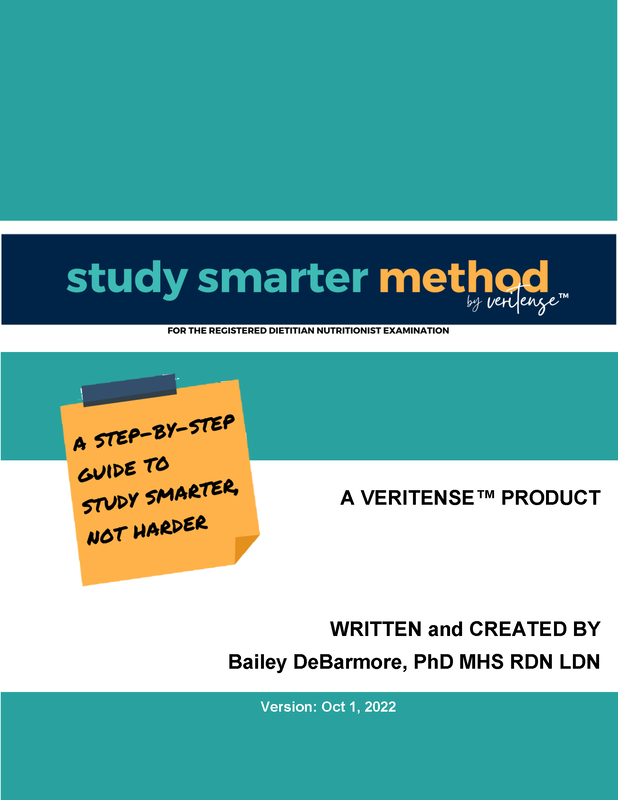Is that how you feel, too? Or do you start with an outline every time you write?
No matter which camp you're in - or even if you're straddling both sides - let's go through the basics of using an outline to plan your writing so you can make an educated decision.
By the way, if you haven't jumped on the Grammarly train yet, you're really missing out. The plug-in is easy to use, and not-in-the-way. It's helped me improved my writing on every platform I type on (which is all of them).
Check it out here and at @Grammarly on Twitter. Karen's 4-Step Plan
She starts the article with that pithy quote and then dives into humble territory where she admits how much time (and graham-cracker weight gain) she saved by using a 4-step plan to outlining her writing.
I'll summarize them here for you, with an academic perspective, but I highly suggest you go over and read her article, too. It's a quick and enjoyable read.
Step 1: Do your reading
As a writer, Karen is always looking for a new spin on an old topic, or something completely new to cover. If you're working on a paper or two, you've already come up with your novel idea that addresses the gap in the literature. But the key at this step is to comb through the literature you've read, and identify the key 2-3 points that will craft that impeccably strong introduction. Why is [your topic] important? What has previous, relevant research found? Where have none dared to venture yet?
Step 2: State your objective
In my opinion, this is the most crucial step. Even if you don't use outlines in your writing, you should do this. Ask yourself: What's your objective? Don't think about your hypothesis or research question. Instead, think about what you want the reader to take away. We'll dive deeper into this during the Crystal Clear Writing days, but often the best way to do this is to just SAY IT outloud. You're explaining it to your roommate - your grandmother - the lady next to you at the park. Once you have this key objective, you'll be able to come back to it again and again to stay on point.
Step 3: List your main points
Pretty straight forward. If you're in the literature review stage, you might start drafting these while you're reading. Think of it like brainstorming. You won't be organizing it until the next step. Remember when we talked about print-cut-shuffle? You could use that here!
Step 4: Organize - revise - eliminate
Now organize your points, or even start writing the paper. OK, remember that objective in Step 2? Everything in the outline or the paper should direct back to it. If it doesn't, cut it out! If you don't have a "Deleted" file, you should! Keep a Word document or Google Doc where you paste all of the things you remove from projects. It makes it so much easier to "let go" of those words you so carefully crafted but just aren't working. A home for black sheep, if you will. A nest for ugly ducklings. Go back and read through that file once in awhile - you may spark a new idea.
Like I said when we started - outlines may be your best friend, or they may just not do it for you.
Hopefully Karen's article gave you a more panoramic view of outlines beyond the traditional tab-indented ho-hum tool of secondary school. wait, wait wait. I've already written my paper. so I don't need an outline, right?
Well...as we love to say in epidemiology...it depends.
In Step 4 we talked about organizing your work and trimming the fat, so to speak. But if you feel like your paper is just floundering - perhaps you've come back to it again and again at disparate times, or multiple authors have contributed - an outline can help you see the main objective, and the supporting arguments, and bring it all home. Many of us write our scientific manuscripts "out of order" so to speak. I personally start with methods, then results, then introduction and discussion. Having an outline helps me anchor each writing session because I know what I've done, why I did it, and what the overall goal is. How do you usually write? Let us know in the comments below. Related Blog Posts
0 Comments
Your comment will be posted after it is approved.
Leave a Reply. |
popular postsLike what you read?
categories
All
archives
July 2024
This website uses marketing and tracking technologies. Opting out of this will opt you out of all cookies, except for those needed to run the website. Note that some products may not work as well without tracking cookies. Opt Out of Cookies |












 RSS Feed
RSS Feed